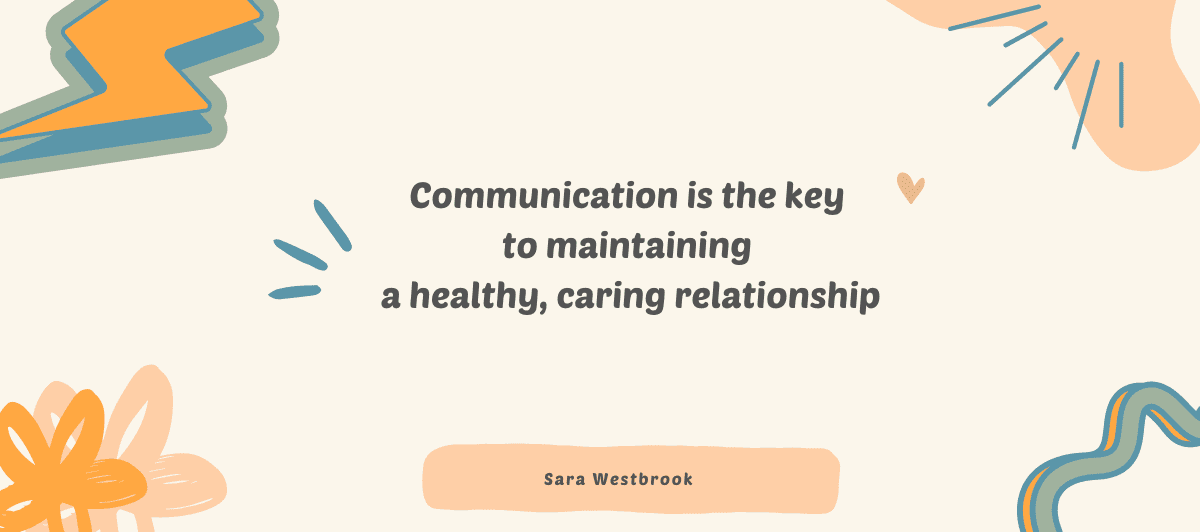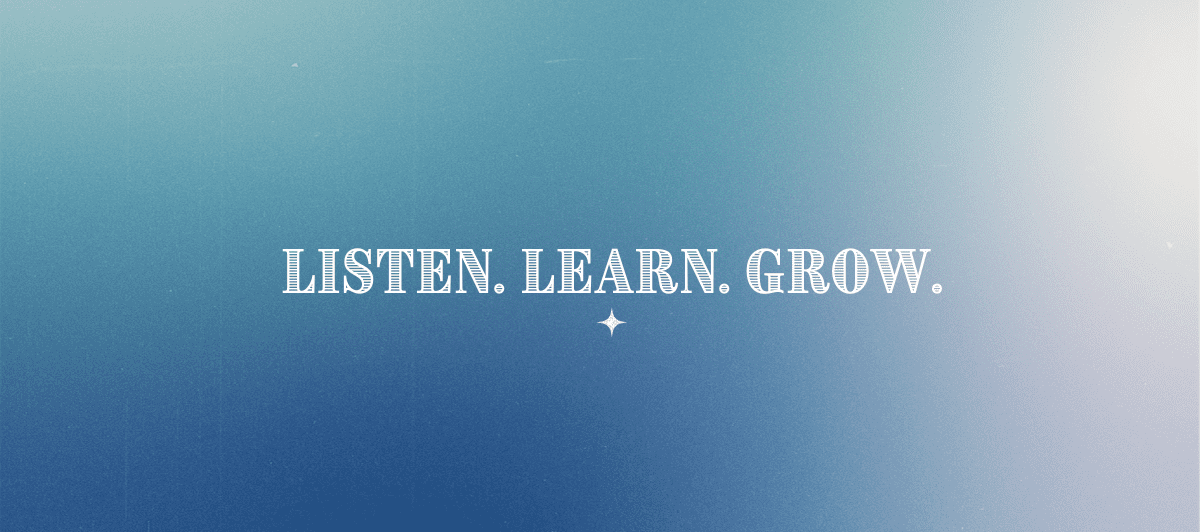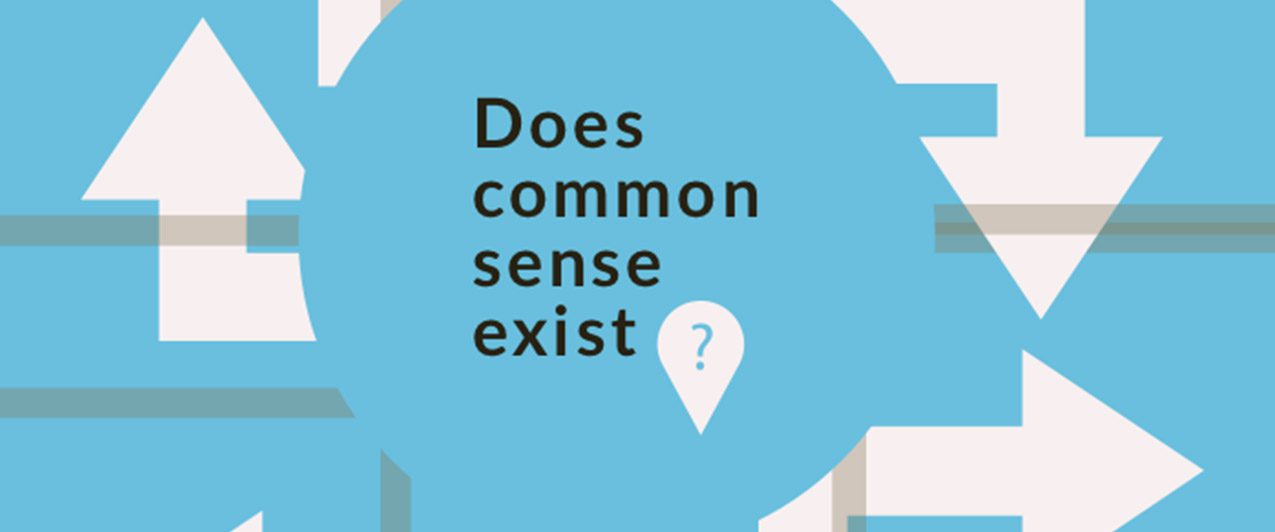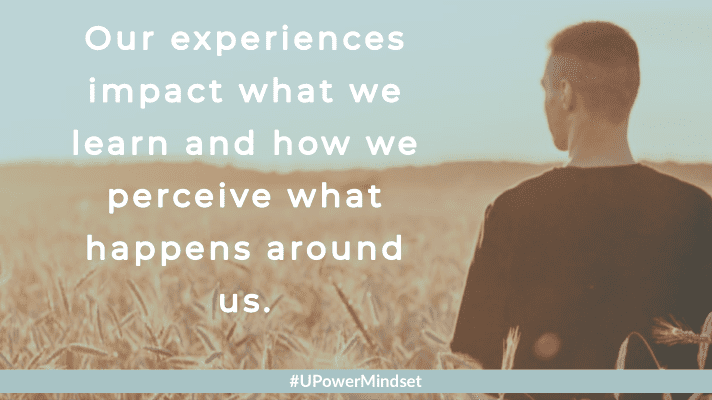
Friend Won’t Talk to Me
I received a question from a student asking for help with a circumstance she was experiencing – a person she considered to be her best friend decided to stop talking to her and won’t tell her why. She felt confused, sad and angry.
It’s painful when someone that you believe is a friend stops talking to you and won’t give you a reason.
I remember when one of my friends was upset with me and I couldn’t figure out why. When I asked the reason, they responded with, ‘I’m not going to tell you. You should know.’
I thought, ‘If I knew I wouldn’t be asking.’
I found it very upsetting and frustrating that we couldn’t just talk about it. I couldn’t fix or change what I didn’t know.
Since we all think differently and have different perspectives it’s important to communicate when something is bothering us. Communication is the key to maintaining a healthy, caring relationship.
Unfortunately, we can’t make people listen to us and understand our perspective. They have to be willing to want to hear what we have to say.
A tip to help you communicate with your friend:
Write/type a letter/email communicating all of your thoughts and feelings using the words ‘I feel’ or ‘I think’. Using these words will help you express yourself without blaming the other person. When you use ‘you did this’ or ‘you made me feel this’ people’s listening shuts down and they start to go into defense mode. Remember you are only sharing your feelings and thoughts – not blaming or shaming the other person.
Writing a letter allows the other person to consider your point of view when they are ready and they can refer back to it. People often need time to think and reflect. It also allows you to share your thoughts and feelings with clarity. At the end of your letter, ask them to consider answering your letter letting you know their thoughts/feelings.
It is easy to assume that everyone is on the same page and should ‘just know’ what the other is thinking. I have found that some are not only ‘not on the same page’ they are ‘reading different books’.
Until next time…





